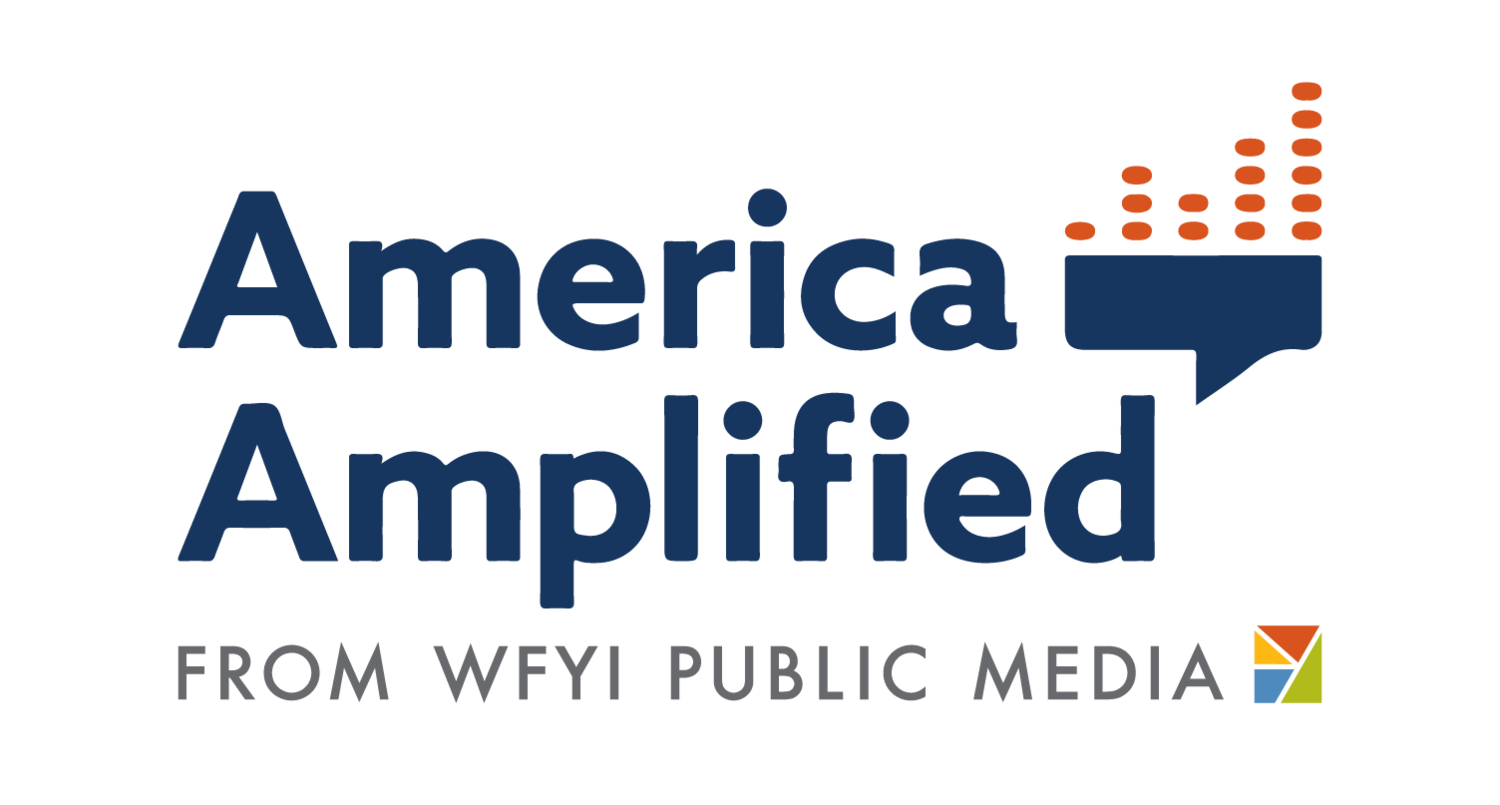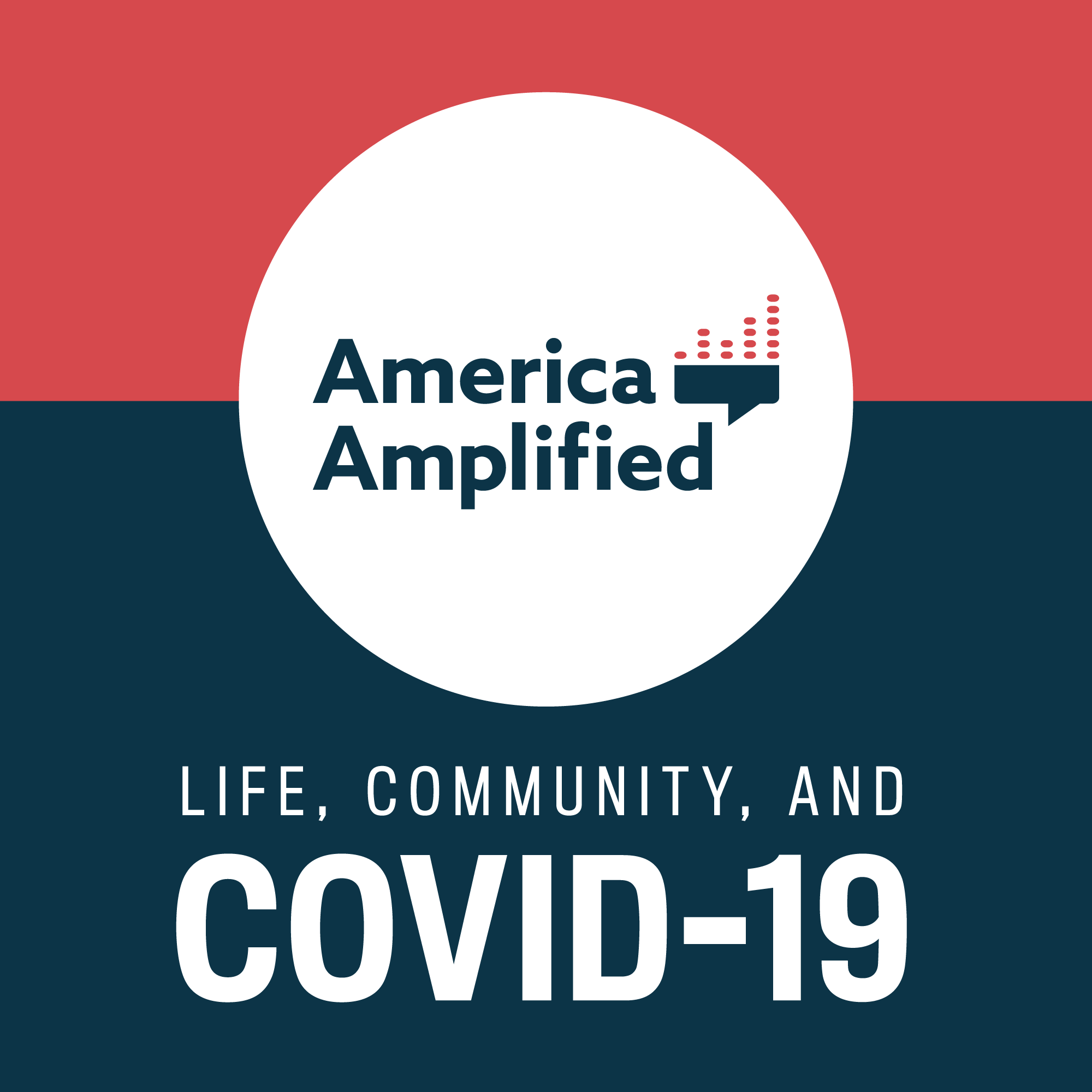EP 9: Examining the pandemic’s unequal toll on communities of color
A virus doesn’t discriminate, so why is it that communities of color have been more vulnerable to COVID-19.
On this episode of “Life, Community, and COVID-19,” hosts Rose Scott of WABE in Atlanta and John Dankosky of New England Public Radio examine how the coronavirus presents stark racial disparities.
According to an APM Research Lab report, “black Americans represent 13% of the population in all U.S. areas releasing COVID mortality data, but they have suffered 25% of deaths.” Latino and Asian Americans have died at rates roughly equivalent to their population. By comparison, though white Americans represent 61.7% of the combined population, they have experienced 49.3% of deaths.
Why is this happening? What is being done to help? And how can we move forward in a way that addresses their needs and the disparities that exist?
In addition to callers, our guests include:
Dr. Orlando Torres of Baystate Health-High Street Health Center in Springfield, Massachusetts. He talks about how his clinic has cared for the patients in his community, where his patients are about 50 percent Latino and about 47 percent of children are from single-parent households.
Dr. Valerie Montgomery Rice, president and dean of the Morehouse School of Medicine. She talks about the systemic issues that exist including access to care and opportunity. “This virus has unveiled for us what we've already known. They see how systemic our challenges have been."
Vanesa Sarazua, executive director of the Gainesville-based Hispanic Alliance of Georgia. Gainesville’s population is 41.3 percent Latino and has been particularly hard hit by the pandemic. It is considered the “poultry capital of the world” and was a COVID-19 hotspot.
The Hispanic Alliance of Georgia has worked to combat the pandemic by connecting quarantined poultry plant employees with food assistance.
An audio diary from Andrea Tudhope featuring people from Kansas, Missouri and Iowa sharing their personal experiences and concerns: Chris Espino, LaNya Meade, and Cathy Daniels aka “Mama Cat,” whose leads a volunteer program to help the unhoused in St. Louis.
You can also read our Twitter thread below to follow along with the show.
This show was produced by Grace Walker of WABE in Atlanta and John Voci of New England Public Radio.


